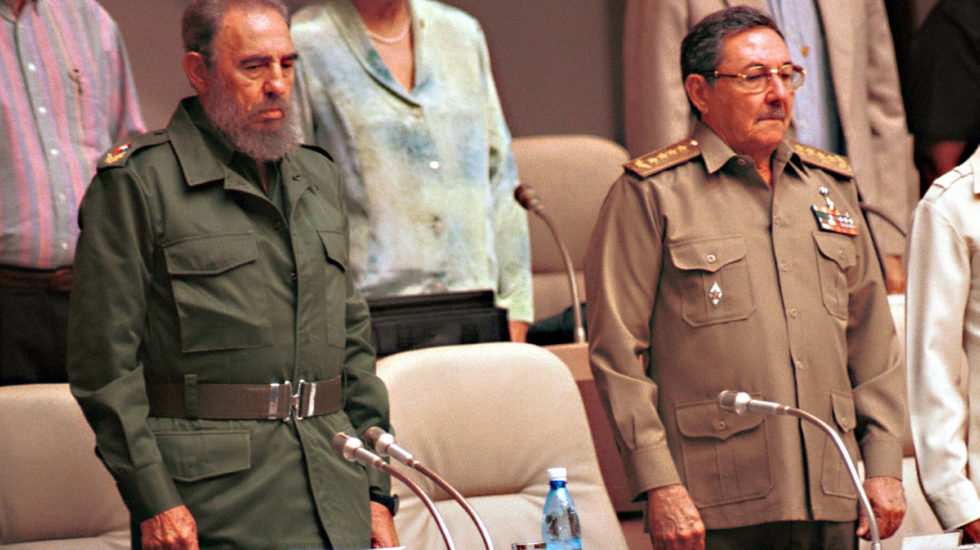At some point this weekend in Havana, Raul Castro is expected to relinquish power as the leader of the Communist Party that has ruled Cuba for six decades. It is a momentous occasion for the island country which has been led by the Castro brothers, Raul and his more notorious older brother Fidel, since the revolution they led in 1959. Raul Castro’s expected decision to give up his position as party secretary-general will turn over power to Miguel Díaz-Canel, who took over as president from Castro in 2018.
History aside, what does this transfer of power mean for Cuba at the moment? Observers say not much, at least in terms of immediate impact. For one, Castro is expected to continue to have great influence on all key decisions, especially any regarding U.S. relations.
Raul Castro was a vastly different leader, at least in terms of public image, than his more brash sibling Fidel, who died six years ago. Raul has always been viewed as more pragmatic. He introduced term limits for public officials, lifted travel restrictions for Cubans, and made the sale of real estate legal. He hand-picked Díaz-Canel as his successor, viewing the 60-year-old engineer as the younger blood needed to lead the Communist Party in a new era.
Díaz-Canel has taken steps to modernize Cuba in small ways, such as overhauling its outdated two-currency system. But experts on Cuban politics say expecting drastic change under the new leadership, such as rethinking the bloated state-run companies and government agencies, is a fool’s errand. Indeed, “continuity” is a key messaging point on a billboard touting this weekend’s congress.
This is an especially trying time for the Cuban people. The coronavirus pandemic decimated tourism to the island. The Trump administration’s reinstatement of the trade embargo and travel restrictions have also had devastating impact, with long food lines and shortages as bad as those following the Soviet Union’s collapse in the 1990s. The increased access to information via the Internet has helped many residents recognize the failings of Cuba’s socialist system.
Another key member of Cuba’s regime expected to step down at this weekend’s party congress is Castro’s deputy, 90-year-old José Ramón Machado.
That would mean that Cuba’s Politburo, the committee which makes the day-to-day political decisions, would for the first time have no members who were part of the guerrilla force that launched the revolution that changed the course of history.



